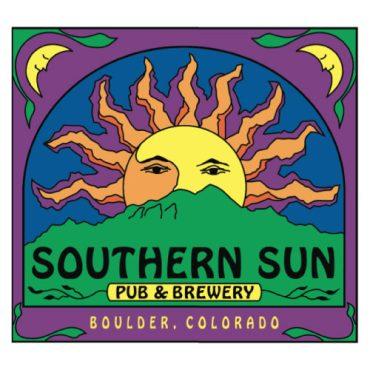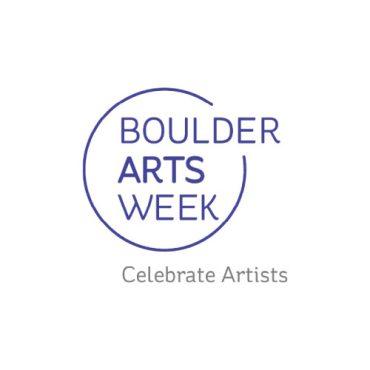This Saturday (May 4) is Wildfire Community Preparedness Day. It happens on the first Saturday in May, sponsored by the National Fire Protection Association and State Farm Insurance, and it sets out to bring people together to do projects that can reduce wildfire risk to homes and property.
Michelle Steinberg is the Division Director at the National Fire Protection Association. KGNU’s Jackie Sedley spoke with her about what community members should know, in Colorado and beyond, when it comes to wildfires in 2024.
Listen:
-
 play_arrow
play_arrow
Wildfire_Prep Jackie Sedley
Transcript:
Jackie Sedley: How big of a problem would you say wildfire is in our country right now? And how is that risk impacted by climate change?
Michelle Steinberg: I would say wildfire is a growing risk across the country. It is of course, part of the natural ecosystem, ecosystems across North America in many cases, but we’re seeing climate change driven impacts that really result in longer seasons. We even say there’s no season anymore. It’s a wildfire year. We’re seeing fire just much more frequently on the landscape in places that we don’t always expect to see it. And at times of year that we traditionally do not expect to see it. So it really calls for that kind of awareness and preparedness that we’re trying to promote.
Sedley: I live in Colorado now. Our listeners are all in Colorado mostly, but I’m originally from California, so I’m very familiar with fire danger. Colorado is growing more and more familiar with wildfires, but the climate is obviously different here than in dry California.
Steinberg: What should Coloradans or people that aren’t just in historically dry desert zones keep in mind when preparing for fires? So the idea that wildfires are only going to happen in certain areas, historically, Colorado has certainly had more than its share of wildfire, and we see it happening in places, again, that aren’t necessarily where we think about it. If you remember the Marshall fire in 2021 in Boulder County that was in an area where you didn’t have sort of large stands of forest. It was coming through grasslands and shrub lands to impact the built environment. And so what we’re seeing is that wherever these fires begin in the vegetation, they can readily impact homes and communities because we’re seeing the high winds and the specific conditions that can blow embers in from a fire to start to impact our homes and everything right around our homes in the home landscaping.
Sedley: Yeah, I live in Boulder now, and we talk frequently on KGNU’s airwaves about the ever continuing impacts of the Marshall Fire. What can people do to help protect their homes in the chance that there is another threatening fire on the horizon?
Right, so we speak about a concept called the Home Ignition Zone, and I think that’s widely used across many places in the U. S., but a lot of Coloradans have embraced this concept, which basically shows that the home itself and everything around it within about 100 feet is where you can affect the home fire risk by doing projects that basically remove things like debris in the gutters dead material around the home, moving out, say you’ve put ornamental landscaping or mulch right up against the house. You want to move that out. Doesn’t mean you can’t have it. It means that you don’t want anything touching your home that could carry flame to the home. So these kinds of practices, starting with the home and working your way out into the landscape, are really critical to bending down the risk. And then working with your neighbor on that adjacent parcel because their, their risk is your risk. Essentially, if you think about a shared fence line, for example you want to make sure that is clear of debris. You might want to even talk to your neighbor about making sure whatever material that fencing is, is not combustible and likely to bring fire to either of your homes.
Sedley: For individuals that maybe don’t have the economic financial resources to put in significant preparation into protecting their homes and their, their loved ones. What are the baseline kind of preparations people can put into place with things or resources that they already have in order to feel a bit safer?
Steinberg: Sure. I think some of these, when we talk about that Home Ignition Zone, starting with your home, cleaning out gutters cleaning immediately around the home, those are the most impact. And those tend to be the easiest things for people to do. I mean, if you had a very old, out of shape roof, for example, replacing that is quite expensive, but it’s something you need to have a safe roof for many other reasons, but there are many things you can do if the structure is in decent shape to just clear away some of that material really close to the home. It’s not significant amount of acreage or large, large trees or anything, but doing those things to kind of clean up. And the beauty of doing things as a community is many hands make light work. And so these kinds of community efforts are so valuable because they really can support the neighbors that maybe can’t afford to, or don’t have the physical capacity to do a lot of this heavy lifting on their own.
Sedley: And are there any events locally or nationally happening for Wildfire Community Preparedness Day that listeners could tap into?
Steinberg: Indeed. So if they’re on our website, NFPA.org/wildfire and look for preparedness day and look for put your project on the map, we’re really excited that many people have shared what they’re going to be doing on the day and into May that includes places right in, even right in Denver doing some projects on the day, and they’re all over the state. So there’s at least 30 projects that we know of. And in fact the sponsorship of this of this day has gone on for 10 years where state farm insurance helps NFPA to get funding out to communities. And we’ve provided that to several nonprofit organizations that work across Colorado. So they are out there continuing to amplify and get that support out to the folks that need it the most and in the high risk areas.
Sedley: Alright, Michelle, anything else that you’d like to add that we didn’t get to?
Steinberg: No, I think this is great. I’d like to encourage people to take those steps now before this fires fires or smoke in the air, so they have some peace of mind and can enjoy the summer season.


















